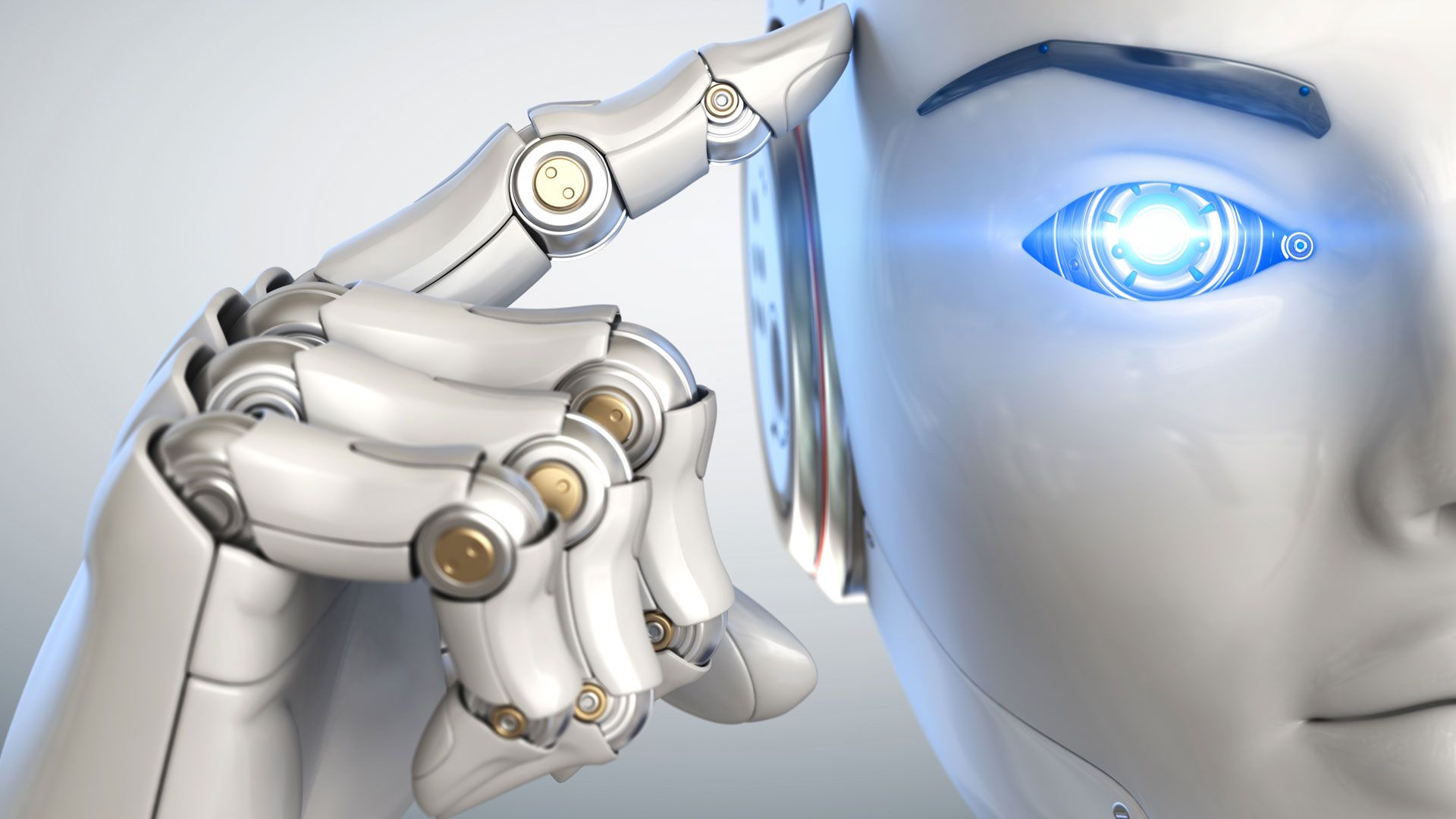'AI Godfather' sounds the alarm on autonomous AI

- 'AI godfather' Yoshua Bengio cautions that the AI competition puts speed over safety
- This poses a risk of harm and unforeseen outcomes
- He calls for international collaboration to ensure the implementation of AI regulations before autonomous systems become unmanageable.
The pace of development for highly advanced AI systems is progressing at a rate that, in his opinion, is rash and reckless.
It's not just about which company creates the best chatbot or receives the biggest investment, Bengio thinks that the rapid, uncontrolled move towards more advanced AI could have disastrous outcomes if safety isn't treated as the top priority.
Bengio noted that watching developers rushing, being careless, or taking unnecessary risks as they compete with one another can be detrimental, even if speed may give them the edge in launching a revolutionary new product with the potential to be worth billions and help beat a competitor to the punch.
This chatbot technology has captured the interest of Western companies and governments to a great extent. Rather than proceeding cautiously and assessing the risks thoroughly, major technology firms are rapidly accelerating their AI development, entering a headlong rush for leading the way. Yves Bengio is concerned that this will lead to hastily adopted deployments, insufficient safeguards, and systems whose behaviour we do not yet fully comprehend.
Bengio pointed out that he has been underlining the requirement for better oversight of AI for some time, but recent developments have made his warning even more pressing. He describes the present time as a "crossroads", where we can either institute robust regulations and safety measures or risk the AI sector becoming increasingly hard to control and unpredictable.
After all, more and more AI systems don't just process information but can make autonomous decisions. These AI agents are capable of acting on their own rather than simply responding to user inputs. They're exactly what Bengio sees as the most treacherous path forward. With sufficient computing power, an AI that can strategise, adapt, and take independent actions could rapidly become difficult to control should humans wish to regain control.
AI takeover
The issue isn't just theoretical. Already, AI models are making financial trades, handling logistics, and even writing and deploying software with minimal human supervision. Bengio cautions that we're only a few steps away from much more complex, potentially unpredictable AI behaviour. If a system like this is introduced without stringent safeguards, the consequences could range from minor service disruptions to full-blown security and economic crises.
Bengio isn't suggesting halting AI development. He's said to be an optimistic person who believes AI can be used responsibly in areas such as medical and environmental research. However, he feels there needs to be a change in focus towards more thoughtful and deliberate work on AI technology. His perspective may be instrumental in drawing attention to the importance of ethics and safety in AI development, especially in making sure that AI developers put these considerations before the pressure to compete with rival companies. This is why he's participating in policy discussions at events like the upcoming International AI Safety Summit in Paris.
He believes that firms also must take the lead by acknowledging responsibility for their systems. They need to allocate a similar budget for safety research as they do for enhancing their products' performance, he suggests, although striking a balance between the two is challenging in a sector where speed to market is seen as a key to success. In an industry where heading for a competitive advantage largely depends on speed, no business wishes to be the first to implement the brakes.
Global partnership proposed by Bengio might not come to fruition immediately, but as the AI arms race escalates, warnings from Bengio and other prominent figures are growing louder. He hopes the industry will acknowledge the risks now to avoid a crisis forcing the issue. The key question is, is the world prepared to take action before it's too late.
You might also like...
- I stumbled upon a notable disparity between DeepSeek and ChatGPT search capabilities
- Will OpenAI sharing future AI models in advance with the government enhance the safety of AI, or will it simply allow government to dictate the regulations?
- The new company founded by one of the co-founders of OpenAI promises 'Safe Superintelligence' – a ludicrously unachievable goal
Posting Komentar